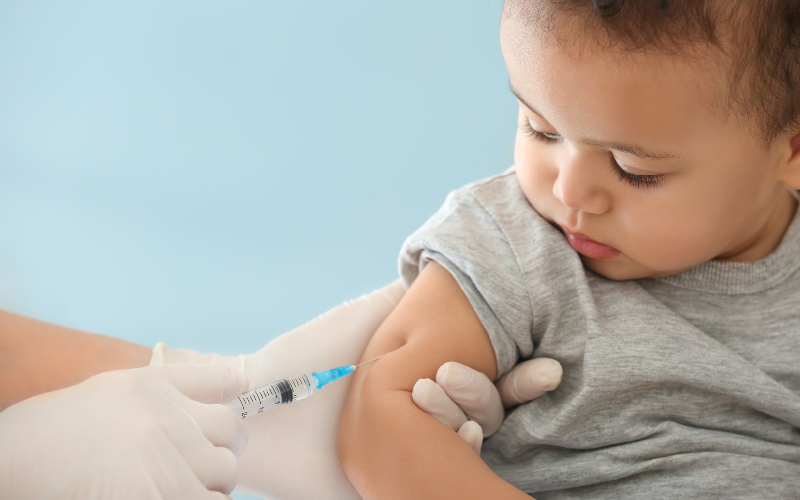
Enhancing Pediatric Vaccination among Children and Adolescents in Europe
News
Aug 30, 2022
Vaccination has led to the eradication or a great decrease in the incidence of many Vaccine-Preventable Diseases (VPD); however, coverage of many highly recommended vaccines is still too often inadequate and children and adolescents continue to suffer and die from diseases that could have been prevented. Measles is a good example to take stock of the situation and define the best approaches to counteract this trend.
Measles vaccination is included in all national childhood vaccination programs in Europe. However, despite the availability and easy access to safe, effective, and affordable vaccination, the World Health Organization recommended coverage of at least 95% of children with two vaccine doses has not been achieved in half of the European Union countries.
Vaccination decision-making is a very complex and multidimensional process; therefore, it requires multi-level policy interventions. To implement effective vaccination programs, the disease must be well known and feared, and vaccination must be accessible to all with appropriate communication aimed at different target populations. The evidence-based approach is of utmost importance to improve parental and adolescent confidence and understanding of measles vaccination.
To implement successful vaccination programs and strengthen health systems around the world, governments, and international and national institutions have an important role to play in ensuring that the broad benefits of vaccination are fully recognized and valued. In this light, the World Federation of Public Health Associations, through its International Immunization Policy Taskforce, has started a global project to raise awareness about pediatric VPDs and build confidence in vaccination with the ultimate goal of supporting the eradication of VPDs in Europe and beyond.
